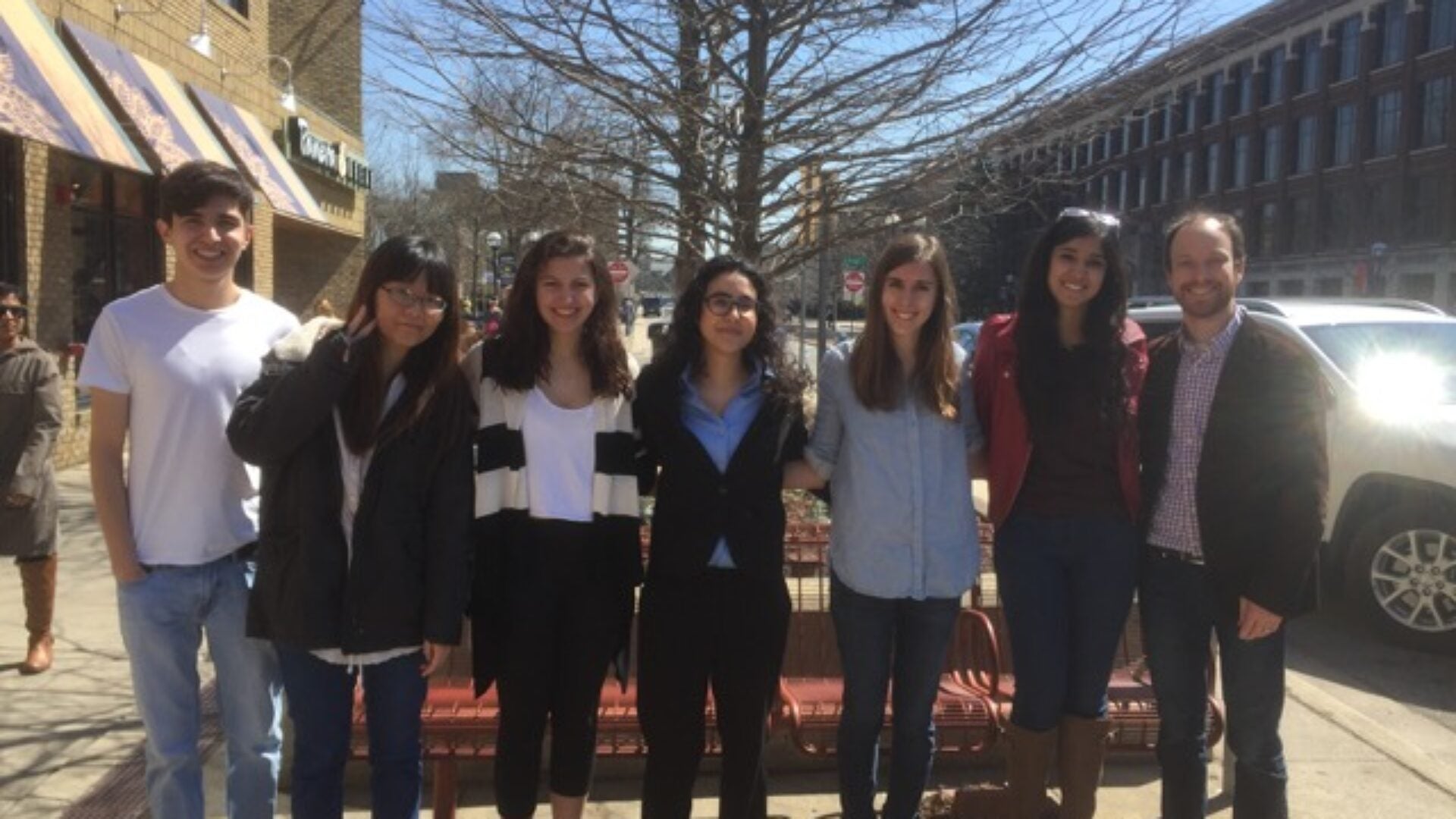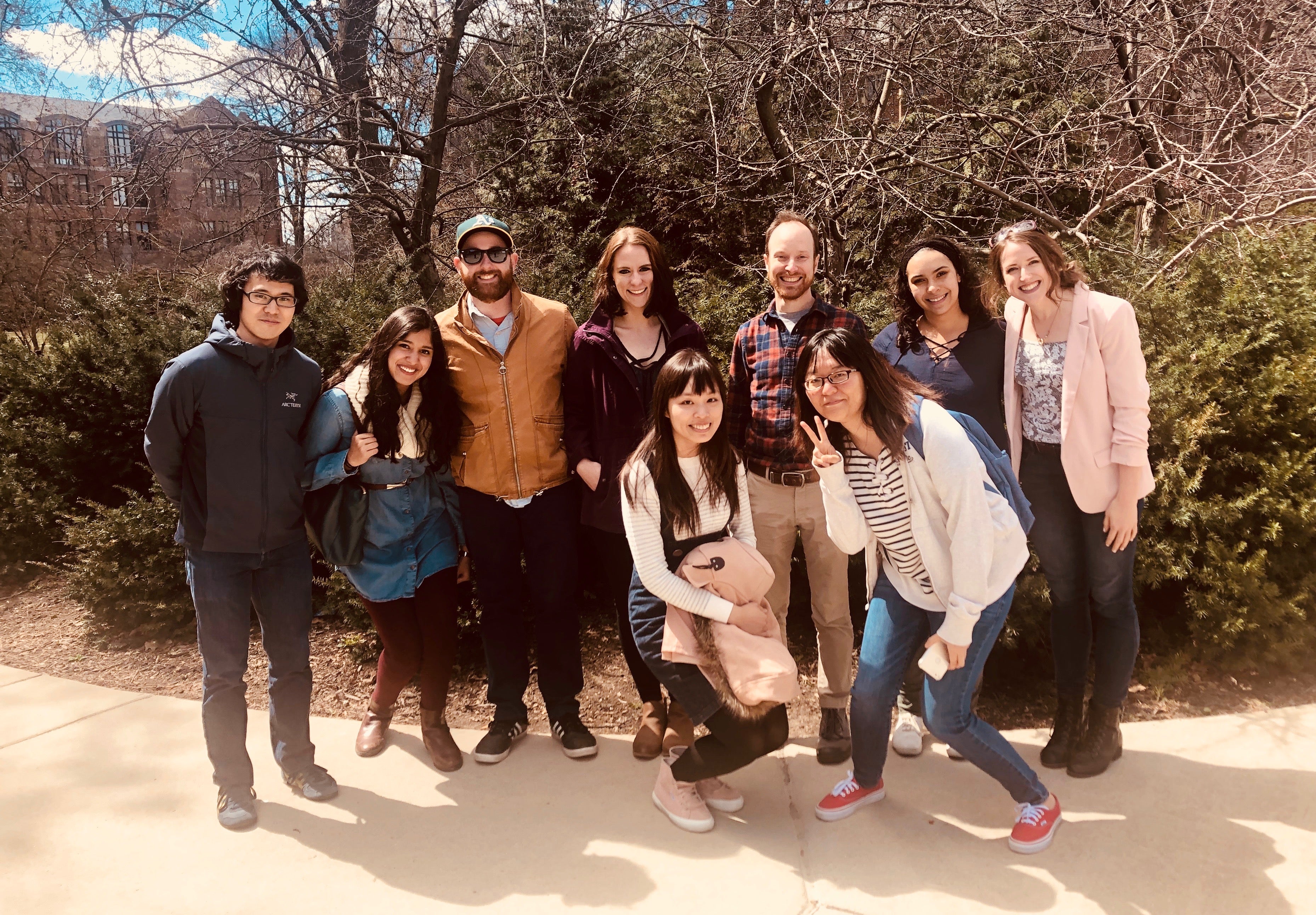How does the brain allow us to rapidly and effortlessly understand something as complex as human language?
Understanding language appears effortless, but this remarkable ability owes to the finely tuned interactions between a wide range of complex cognitive systems. The mind rapidly identifies what words are being said and the concepts those words refer to, fits those words together into a grammatical sentence, and computes the complex meanings and implications expressed by that sentence.
We try to understand these mental systems and their interaction by combining computationally explicit models of each cognitive operation with data drawn from a wide range of neuroscience tools, including electroencephalography (EEG), magnetoencephalography (MEG) and functional magnetic resonance imaging (fMRI).
Advancing our understanding of these systems brings us closer to answering how and why neural disorders, such as those found in Autism and other developmental disorders, give rise to communication impairments. Such answers pave the way for better tools for diagnosis and intervention.



